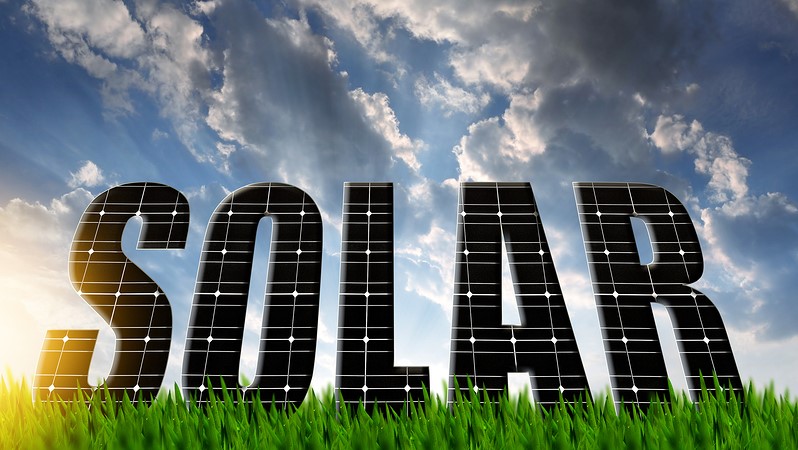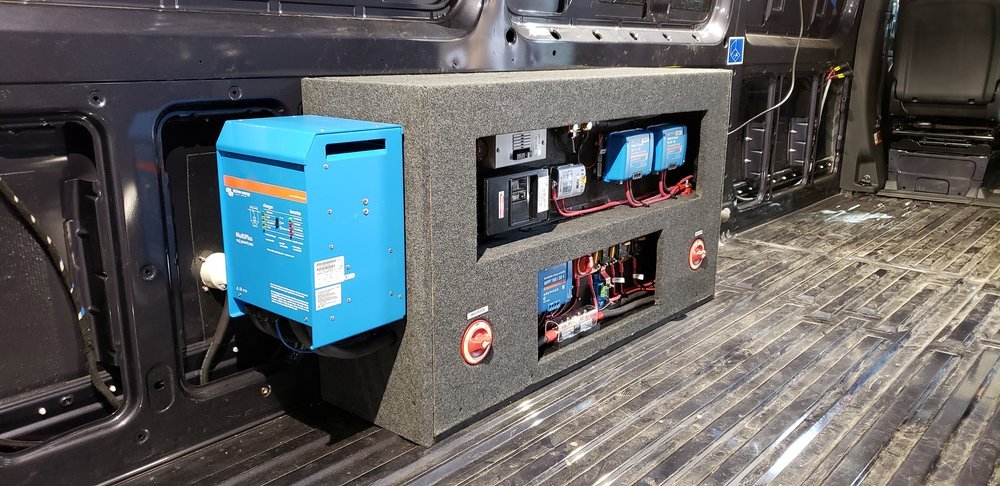Solar panels can benefit any home or living space, in cost, footprint, etc. Even if you’ve gone solar in other areas, or if you’ve never tried it, here’s why you should try to go solar with your RV.
Solar benefits
Going solar has a lot of benefits for your RV, and while solar can be complicated to understand, here’s an attempt at a breakdown. Solar science has a lot of variables, including the sun, daylight hours, the products, battery age, and other factors.
Going solar in an RV can be a great investment, but it is that, an investment. In order for it to work for you, you need to do the required research. You also need to be willing to wait to see your return. The financial benefits of going solar can take time to see, because it’s an immediate financial commitment up front. For most people the savings from going solar aren’t seen for a couple of years, but the savings are there.
Adding solar panels or a solar RV kit can increase the value of your RV. If you upgrade your current RV, and then have a need to sell it, whether or not you’re looking for another RV next, adding solar panels can make it a more attractive option to potential buyers. The work of adding the solar panel kit is done, at no extra work to the buyer.
Protecting the environment
With an efficient solar system setup there’s no need for generators or the loud sound that they make. Your RV could break down, and you could still have power while you wait for a tow.
Solar panels also require nothing but energy from the sun, no fuel, so they’re cleaner than running a generator for hours at a time.
Off the grid
You can get away from crowded campgrounds with solar, because you’re not dependent on hookups. You can actually go anywhere with your solar equipped RV and set up camp, as long as it’s legal to park overnight. If you’re on a road trip, you never have to drive long hours to make it to the next campground, you can set up camp everywhere.
Solar power also doesn’t have the noise or complicated parts that a generator has, and it requires very little maintenance. A basic RV solar-powered system has one or more solar panels that generate a charging current, that supplies the RV battery. Installing solar panels to an RV is more simply installing a self-charging battery system.
Learning how to reduce your energy consumption will help your transition. Collecting energy with solar panels takes longer than you think. You can’t run your laptop all day, cook dinner, and keep lights on until it’s late. You have to consider how much energy you have collected and what you have to do with it doing the day. Learn to ration your energy, if you will.


